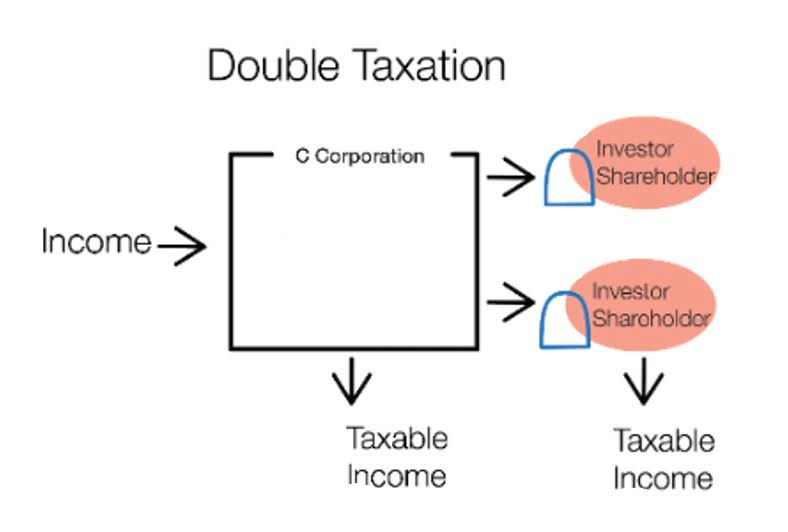
Therefore, the demand for skilled accounting professionals remains strong. Similarly outstanding investment interest, commission earned but not received, etc. should be recorded as income even though it was not received in cash. On the other hand, unearned incomes and prepaid expenses are indicated as a deduction from the respective account head. The market value fluctuates, and if the company records the transaction at the market price, the account’s acceptability will suffer. According to the business entity concept, we know that there is no direct relationship between the owner and the management of the company. If these transactions don’t have monetary value, they have no place in accounting.
The Accounting Equation and How It Stays in Balance

According to this concept, the business can own assets and take responsibility. Business considers Accounting for Marketing Agencies the owner of this business as a creditor and the money supplied by the owners’ shows as capital. There are a few different ways the conservatism concept can be applied in accounting.

UAE Job Market Overview:

The accrual basis is mandated by Generally Accepted Accounting Principles (GAAP) for publicly traded companies in the United States, ensuring uniformity in financial statements. Similarly, the International Financial Reporting Standards (IFRS) emphasize accrual accounting, underscoring its global importance. In preparing general-purpose financial statements, there are guidelines and principles that are understood by both the accountants who prepare them and the users of such reports are followed.
- The accounting and reporting standards developed by the International Accounting Standards Board (IASB).
- This principle requires that revenue be recognised when the goods or services have been delivered or rendered, and the earnings process is complete, regardless of when payment is received.
- Revenue or income must be recognised using the percentage completion approach in the event of a continuing service business such as real estate.
- If customers pay in advance, the revenues will be recognized (reported) after the money was received.
- It organizes the main categories and subcategories of accounts and is essential for organizing financial transactions and maintaining an accurate general ledger.
- A fact, occurrence, or event that cannot be quantified in terms of money is not recorded under this principle’s accounting books.
Financial Accounting Fundamentals – Best for essential financial concepts
These Concepts are developed over time to bring consistency fundamental accounting concepts and uniformity to the accounting process. Under the double entry accounting system, transactions are recorded through debits and credits. The effect of recording in debit or credit depends upon the normal balance of the account debited or credited.
- The threshold for materiality varies depending on the size and nature of the business, as well as professional judgment.
- This certification provides a foundational understanding of accounting principles, focusing on core concepts and techniques.
- If such a modification is made, thoroughly describe the resulting effects and include them in the notes to the financial statements.
- According to this concept, some amount will be shown as expenses and the balance amount as an asset every year.
- Only when accounting rules are adhered to consistently from year to year will the results of different years be comparable.
Mastering these fundamentals not only lays the groundwork for effective financial management but also improves your overall financial literacy. For example, goods worth $3000 are sent to the buyer on the condition accounting of “sale or return”. In this case, the ownership of the product has not been transferred to the buyer so it cannot be recorded as income.

